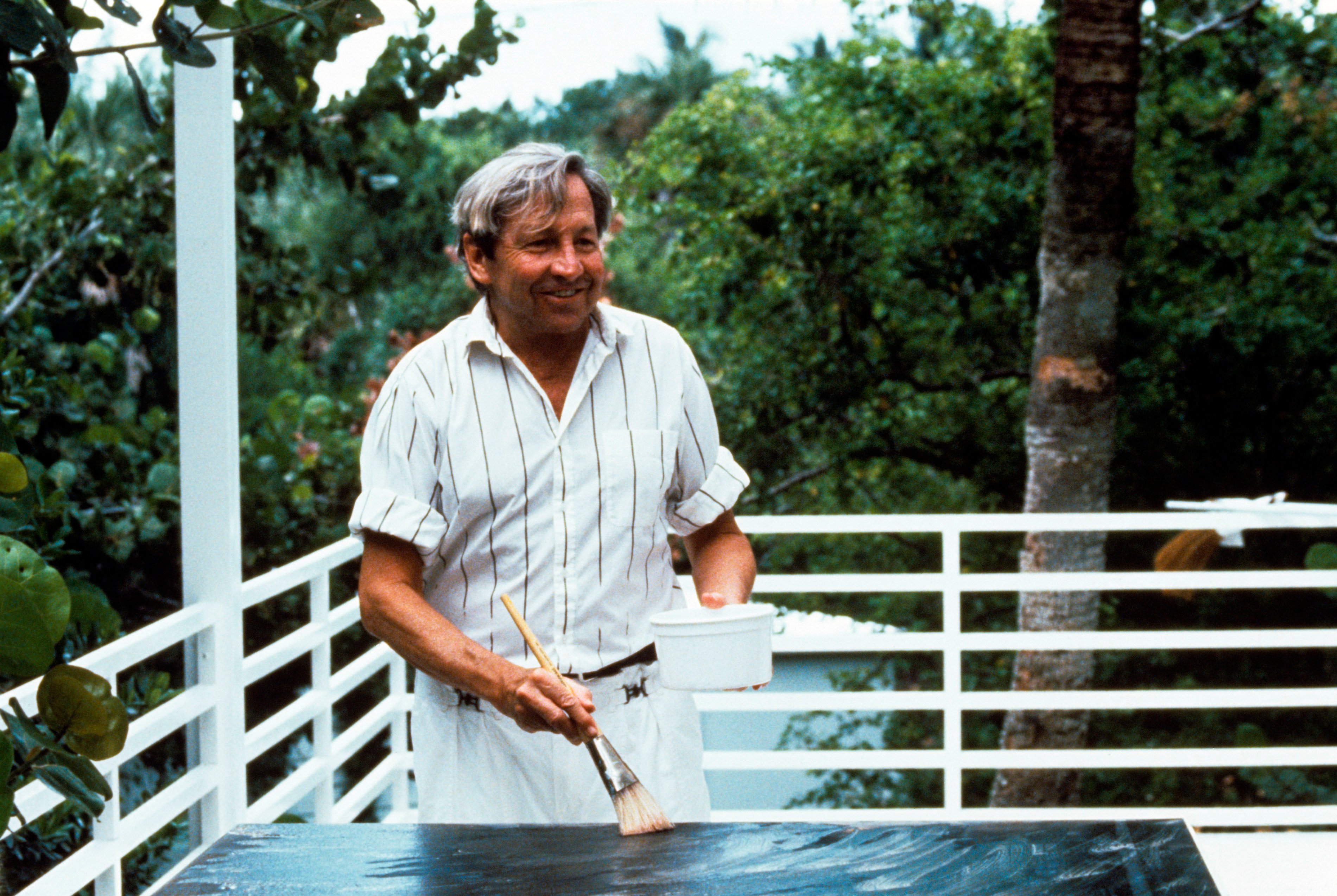
Just in time for the proliferation of the COVID-19 virus, a new grant for artists has been announced to provide some relief for unexpected bouts of illness. The Robert Rauschenberg Foundation, in partnership with the New York Foundation for the Arts, has launched a new program for emergency medical grants, which has been in the works for several months, according to a spokesperson for New York Foundation for the Arts.
The Rauschenberg Emergency Grants—expected to be rolled out in late May or early June—will provide visual artists, media artists, and choreographers up to $5,000 worth of assistance for medical emergencies. Applicants must be US citizens or permanent residents.
The grant program was created in the spirit of Rauschenberg’s philanthropic legacy, including his efforts to corral a group of artists to create work for local hospitals in exchange for granting New York artists access to healthcare. Though Rauschenberg’s nonprofit organization Change, Inc. was dissolved in 2019, this new program is meant to carry on its founding principles, said the director of the Rauschenberg Foundation, Kathy Halbreich. The program “directly reflects Bob’s own concern for the well-being of fellow creative practitioners,” she said in a statement.
The one-time grants are eligible to cover hospital and doctors bills, tests, physical and occupational therapy, prescription drugs, and emergency dental work. Grant recipients will be determined based on demonstrated need, and the impact of the funds to allow artists to carry on working. The impetus for the program is based on artists’ personal experiences. “For many artists,” said Michael Royce, executive director of the New York Foundation for the Arts, in a statement, “healthcare expenses take a back seat to other pressing needs like food, shelter, studio or practice space, and art supplies.”